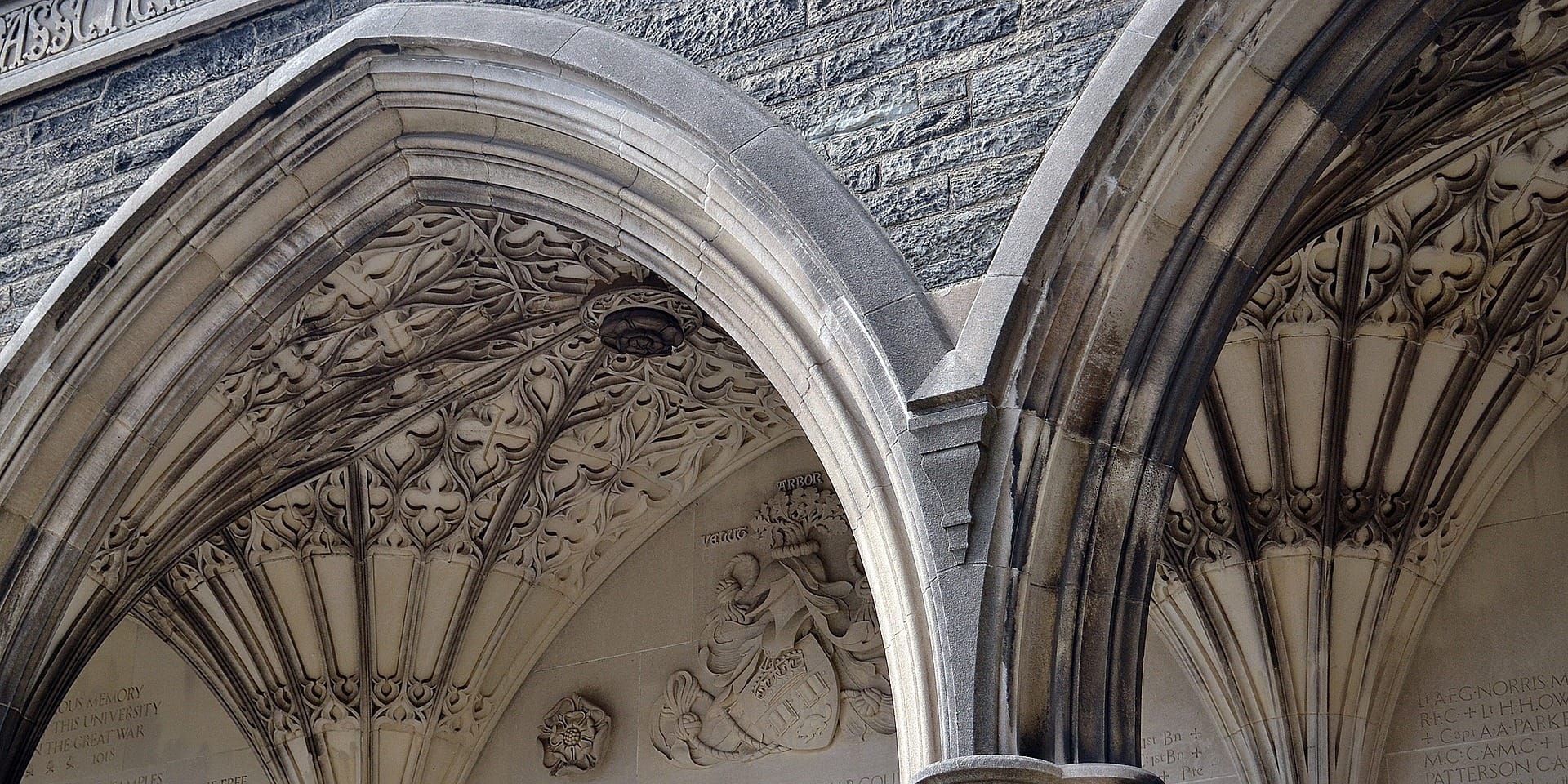Digest of Connecticut Appellate Court advance release opinions about trusts and estates, tax assessment, and…
Advance Release Opinions – December 8
Connecticut Appellate Court
The Appellate Court advance released opinions about administrative law, employment law, personal injury (three opinions) and trusts and estates, which I review below. The Appellate Court also released opinions about criminal law (three opinions) and habeas corpus, which I do not review.
Administrative Law
Lawrence v. Dept of Energy & Environmental – Superior Court dismissed the appeal because plaintiff was not classically or statutorily aggrieved by commissioner’s decision granting an application to construct a residential dock and pier, except as to his claim for visual degradation but the record supported the commissioner’s decision in that regard. Appellate Court affirmed by adopting Superior Court’s decision.
Employment Law
Horvath v. Hartford – Trial court granted city summary judgment on former assistant police chief’s claim of constructive discharge. Appellate Court affirmed, finding that the alleged adverse conditions even taken collectively “were not so objectively intolerable that a reasonable person would have felt compelled to resign.”
Personal Injury
Cuozzo v. Orange – Trial court granted municipal defendants summary judgment because there was no issue of fact that the pothole that allegedly caused the injuries was not on their property. Appellate Court affirmed.
Cusano v. Lajoie – Jury awarded medical expenses but nothing for non-economic damages. Trial court granted motion for additur because it was inconsistent to award substantial medical expenses but deny pain and suffering. Appellate Court reversed because (i) the trial court failed to “state the specific facts relied upon … to justify its decision to award the extraordinary relief of additur”; and (ii) there was “conflicting evidence and credibility issues concerning the extent, if any, of the plaintiff’s pain and suffering.”
Tara S v. Charles J – Father was prosecuted sexually abusing his daughter, who was four years old at the time. Daughter, now 36, started this action against father to recover for personal injuries resulting from the sexual abuse. Father moved to dismiss, arguing that CGS § 52-577d, which extends the limitations period for claims by those sexually abused as minors to 30 years after majority, was unconstitutional as applied to him because (i) legislative history shows extension is constitutional only for repressed memories and daughter did not have any; (ii) violated his rights to a speedy trial and confrontation, and his protection against double jeopardy (he argued this civil action was quasi-criminal); and (iii) and statute is unconstitutionally overbroad and unconstitutionally infringes on a property interest. Appellate Court affirmed, finding (i) statute clearly and unambiguously not limited to repressed memories so no basis for considering legislative history; (ii) the action is purely civil, not quasi-criminal; and (iii) statute isn’t overbroad because it doesn’t prohibit any constitutionally protected conduct and doesn’t impact any property right.
Trusts and Estates
Geci v. Boor – There was no confidential relationship between father and daughter that would have shifted burden of proof to daughter on issue of ownership of joint bank accounts; there were no facts suggesting that father intended anything other than leaving the joint accounts to daughter alone; trial court was free to conclude that daughter did not conceal survivorship aspect of accounts from father or his attorney; and daughter did not undervalue assets such that she should be removed as executrix.


